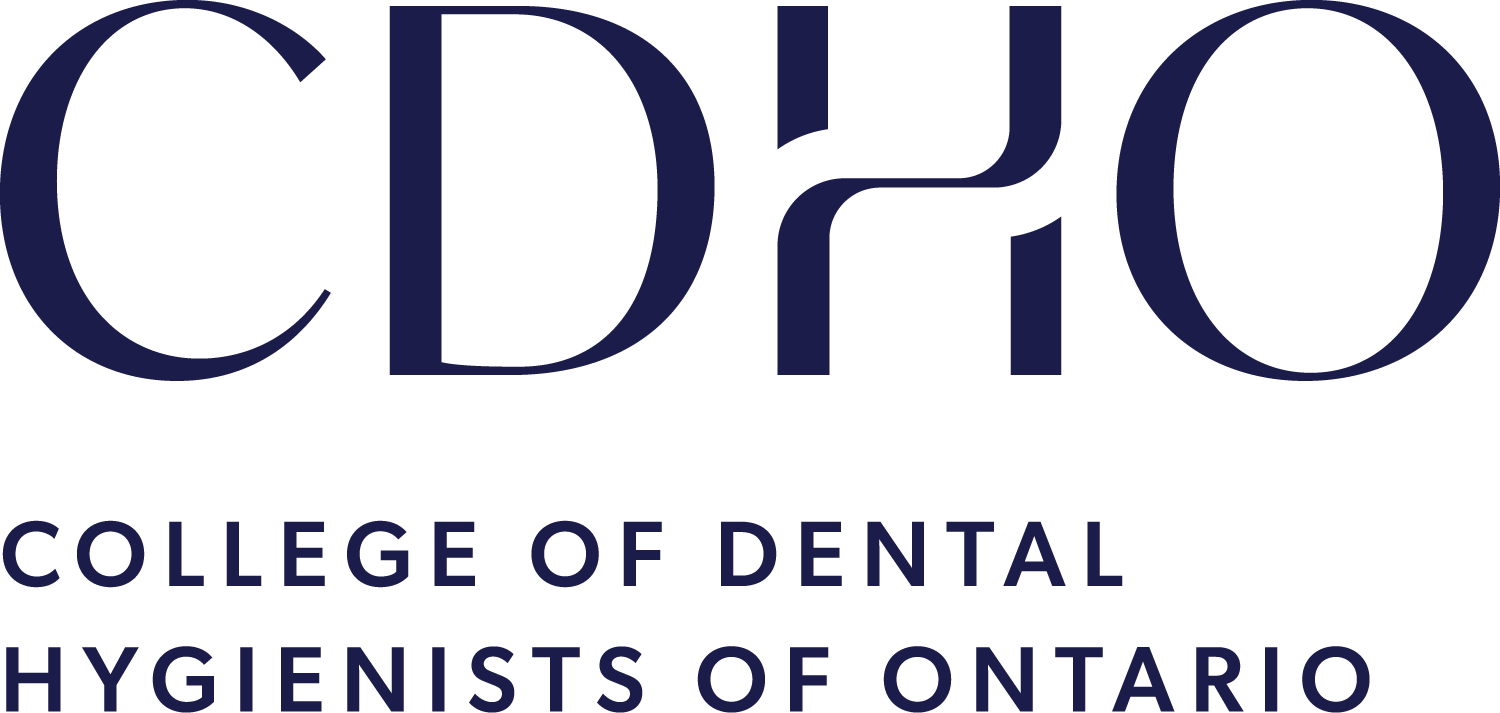The College of Dental Hygienists of Ontario (CDHO) is the regulatory body for Registered Dental Hygienists in Ontario. CDHO is not a school or an organization that advocates on behalf of Registered Dental Hygienists.
CDHO regulates and protects the public by:
- setting the requirements for becoming a Registered Dental Hygienist so that only qualified individuals are allowed to practise and use the title “Registered Dental Hygienist”;
- maintaining an up-to-date feature on its website, known as the public register, to help clients check if their Dental Hygienist is registered and in good standing;
- developing and enforcing standards and guidance for practice;
- running a Quality Assurance Program that helps Registered Dental Hygienists keep their knowledge and skills up to date; and
- receiving and investigating complaints about Registered Dental Hygienists and taking disciplinary action when necessary.
A Council, similar to a board of directors, sets policies and provides leadership and direction to CDHO. A Registrar and staff carry out day-to-day activities.
Land Acknowledgement
The CDHO office and staff operate out of Toronto, Ontario, within the Dish With One Spoon Territory. The name Toronto originates from “Tkaronto”, a Mohawk word meaning “the place in the water where the trees are standing”. Toronto is the traditional territory of many nations including the Mississaugas of the Credit, the Anishnabeg, the Chippewa, the Haudenosaunee and the Wendat peoples and is now the home to many diverse First Nations, Inuit, and Metis peoples. Toronto is also covered by Treaty 13 signed with the Mississaugas of the Credit, and the Williams Treaties signed with multiple Mississaugas and Chippewa bands. We wish to acknowledge this land on which CDHO operates and are thankful to be able to work and live in these territories.
